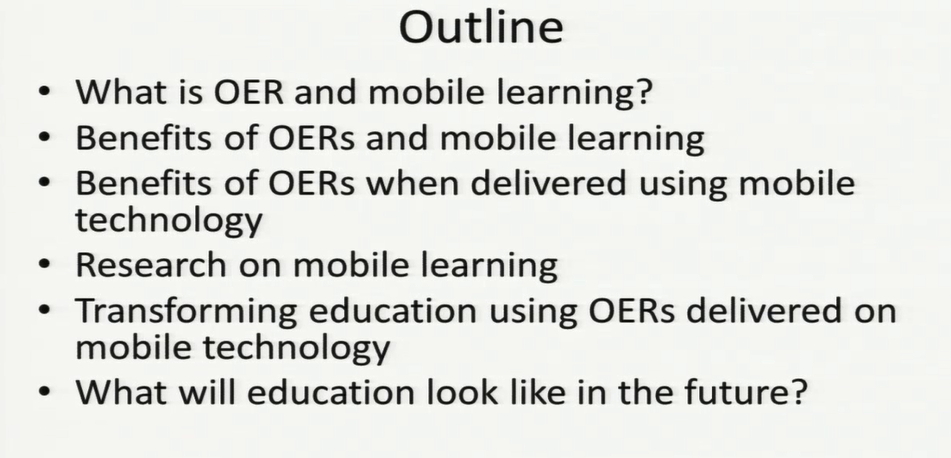Background: Although peer-assisted learning is known to be effective for reciprocal learning in medical education, it has been understudied in simulation. We aimed to assess the effectiveness of peer-led compared to instructor-led debriefing for non-t...
http://chineseinput.net/에서 pinyin(병음)방식으로 중국어를 변환할 수 있습니다.
변환된 중국어를 복사하여 사용하시면 됩니다.
- 中文 을 입력하시려면 zhongwen을 입력하시고 space를누르시면됩니다.
- 北京 을 입력하시려면 beijing을 입력하시고 space를 누르시면 됩니다.



Learning with our peers: peer-led versus instructor-led debriefing for simulated crises, a randomized controlled trial
한글로보기https://www.riss.kr/link?id=A109016524
-
저자
Jaffrelot Morgan (University of Ottawa Skills and Simulation Center and Academy for Innovation in Medical Education, University of Ottawa) ; Boet Sylvain (The Ottawa Hospital, University of Ottawa) ; Floch Yolande (Simulation Center, University of Western Brittany and University Hospital of Brest) ; Garg Nitan (Department of Anesthesiology and Pain Medicine, The Ottawa Hospital) ; Dubois Daniel (Department of Anesthesiology and Pain Medicine, The Ottawa Hospital) ; Laparra Violaine (Simulation Center, University of Western Brittany and University Hospital of Brest) ; Touffet Lionel (Simulation Center, University of Western Brittany and University Hospital of Brest) ; Bould M. Dylan (The Ottawa Hospital Research Institute)
- 발행기관
- 학술지명
- 권호사항
-
발행연도
2024
-
작성언어
English
- 주제어
-
등재정보
KCI등재,SCOPUS,SCIE
-
자료형태
학술저널
- 발행기관 URL
-
수록면
265-272(8쪽)
- DOI식별코드
- 제공처
- 소장기관
-
0
상세조회 -
0
다운로드
부가정보
다국어 초록 (Multilingual Abstract)
Background: Although peer-assisted learning is known to be effective for reciprocal learning in medical education, it has been understudied in simulation. We aimed to assess the effectiveness of peer-led compared to instructor-led debriefing for non-technical skill development in simulated crisis scenarios.Methods: Sixty-one undergraduate medical students were randomized into the control group (instructor-led debriefing) or an intervention group (peer debriefer or peer debriefee group). After the pre-test simulation, the participants underwent two more simulation scenarios, each followed by a debriefing session. After the second debriefing session, the participants underwent an immediate post-test simulation on the same day and a retention post-test simulation two months later. Non-technical skills for the pre-test, immediate post-test, and retention tests were assessed by two blinded raters using the Ottawa Global Rating Scale (OGRS).Results: The participants’ non-technical skill performance significantly improved in all groups from the pre-test to the immediate post-test, with changes in the OGRS scores of 15.0 (95% CI [11.4, 18.7]) in the instructor-led group, 15.3 (11.5, 19.0) in the peer-debriefer group, and 17.6 (13.9, 21.4) in the peer-debriefee group. No significant differences in performance were found, after adjusting for the year of medical school training, among debriefing modalities (P = 0.147) or between the immediate post-test and retention test (P = 0.358).Conclusions: Peer-led debriefing was as effective as instructor-led debriefing at improving undergraduate medical students’ non-technical skill performance in simulated crisis situations. Peer debriefers also improved their simulated clinical skills. The peer debriefing model is a feasible alternative to the traditional, costlier instructor model.
동일학술지(권/호) 다른 논문
-
- 대한마취통증의학회
- Tantisarasart Thadakorn
- 2024
- KCI등재,SCOPUS,SCIE
-
- 대한마취통증의학회
- Lee Jimin
- 2024
- KCI등재,SCOPUS,SCIE
-
- 대한마취통증의학회
- Jaemoon Lee
- 2024
- KCI등재,SCOPUS,SCIE
-
- 대한마취통증의학회
- Park Soo Jung
- 2024
- KCI등재,SCOPUS,SCIE
분석정보
연관 공개강의(KOCW)
-

Education Policy at the Party Conferences
Teachers TV Teachers TV -

Further Education: Work Experience
Teachers TV Teachers TV -

Early Sex Education: The Debate
Teachers TV Teachers TV -

Personal Finance Education: The Money Quiz
Teachers TV Teachers TV -

2014 이러닝 국제 콘퍼런스 : Open Education Resources with Mobile Learning to Transform Education
한국교육학술정보원 Mohamed Ally




 KCI
KCI


